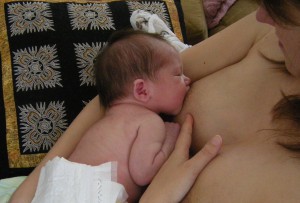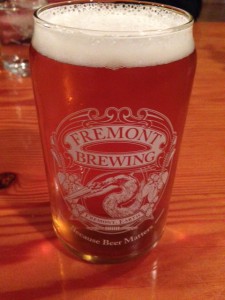Back in the day, before I was an IBCLC, I spent hours on the phone as a La Leche League Leader, listening to and trying to help breastfeeding mothers. My co-leaders and I were very active with 2 well-attended group meetings per month. It was not unusual for me to talk on the phone with several mothers each day of the week. After a year or 2 of this work, I began to notice a trend. During major holidays, almost all of the calls were about plugged ducts, mastitis and milk supply.
I discussed this with more experienced leaders. “Yep,” they agreed, “those breastfeeding problems happen more during major life events—especially holidays!” It was such a recognizable phenomenon, we were able to predict the types of calls we could expect based on the time of year. Toward the end of November, we started preparing for the flood of plugged ducts and mastitis calls. Continue reading



